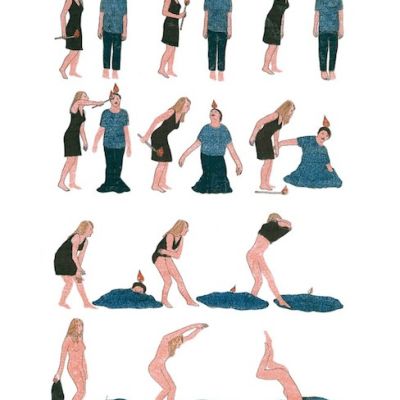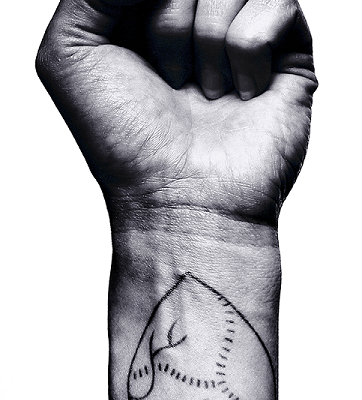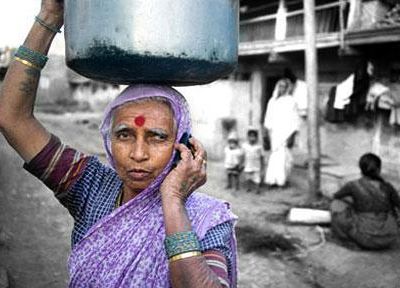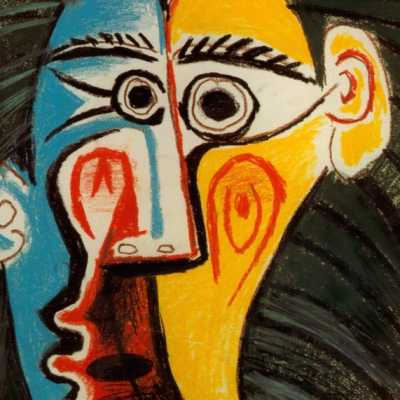Editorial
Where perhaps attire traditionally demarcates community identity (one’s tribe, religion, caste, class, etc.), it has in more recent times (along with other identifiable commodities) come to also be used to express, assert, assess, control and contest individual identity. How does sexuality come into play in matters of attire and identity? And how do they all relate to how we live and connect with each other?
With Assisted Reproductive Technologies, science has managed to use technology to prise apart previous associations between reproduction and sex. With gender, class and queer theory, the social sciences have prised apart previous associations between gender and sex. We have found that knowledge through science, like knowledge of sexuality, can’t be pinned down to absolutes. “The more you know, the more you know you don’t know,” said Aristotle. While science may value the systematic and objective, it cannot escape the baffling convolutions of lived experience. How does life influence knowledge, and knowledge influence life?
Sexuality can be said to influence and be influenced by every aspect of our lives. Talking about sexuality, however, is widely tabooed, especially at the workplace. Anything that evinces sexuality is at once mired in controversy – from clothing choices (of women, especially) to sexual harassment cases, from gender role-challenging career choices to sex work. Why is anything to do with sexuality seen as taking away the gravitas of work?
Is there a relationship at all that cannot be defined by love? And, if we were to begin talking of relationships other than romantic love, how would we speak of sexuality? Upon this deliberation, we realised that our Love and Sexuality issue seemed to revolve around romantic love and sex. The departure this issue on Relationships and Sexuality makes is to try and incorporate forms of relationships that might not be about romantic love but have their own kind of romance, and facets of sexuality that might not be about sex per se but will place its interest in alternate relationships to it.
Not only has evolving discourse on sexuality influenced the fate of how sex work is understood, but also with the growth of sex workers’ rights movements, discourses on sex work are now being able to influence how we think about sexuality. In our issues on Sex Work and Sexuality this month, we hope to be able to traverse some of these convergences.
Travel for those who have been deprived of freedom means even more. These are the ones you find in Antarctica. – Werner…
The Love and Sexuality issues this month have a few more articles than usual, and it probably reflects on how every one of us has something to say on the matter. Our writers attempt to crawl out of the tunnel of ‘legitimate’ love and sexuality.
“Humour is a rubber sword – it allows you to make a point without drawing blood.” Mary Hirsch, humourist Here’s…
On World AIDS Day, we published the first issue of this month’s In Plainspeak with the theme HIV and Sexuality. Global funding…
“Ab dil karta hai haule haule se Main toh khud ko gale lagaun Kisi aur ki mujhko zaroorat kya Main…
“Beauty should be edible, or not at all.” ― Salvador Dalí A Google search with the keywords “food sexuality India”…
“Development is about transforming the lives of people, not just transforming economies.” ― Joseph E. Stiglitz, Making Globalization Work Development…
“There is no sexuality without knowledge.” -Slavoj Žižek, Agitating the Frame Philospher and cultural critic Slavoj Žižek writes and talks…
“Any sufficiently advanced technology is indistinguishable from magic.” ― Arthur C. Clarke, Profiles of the Future: An Inquiry Into the…
In one sense, the body is what I immediately am. In another sense, I am separated from it by the…















